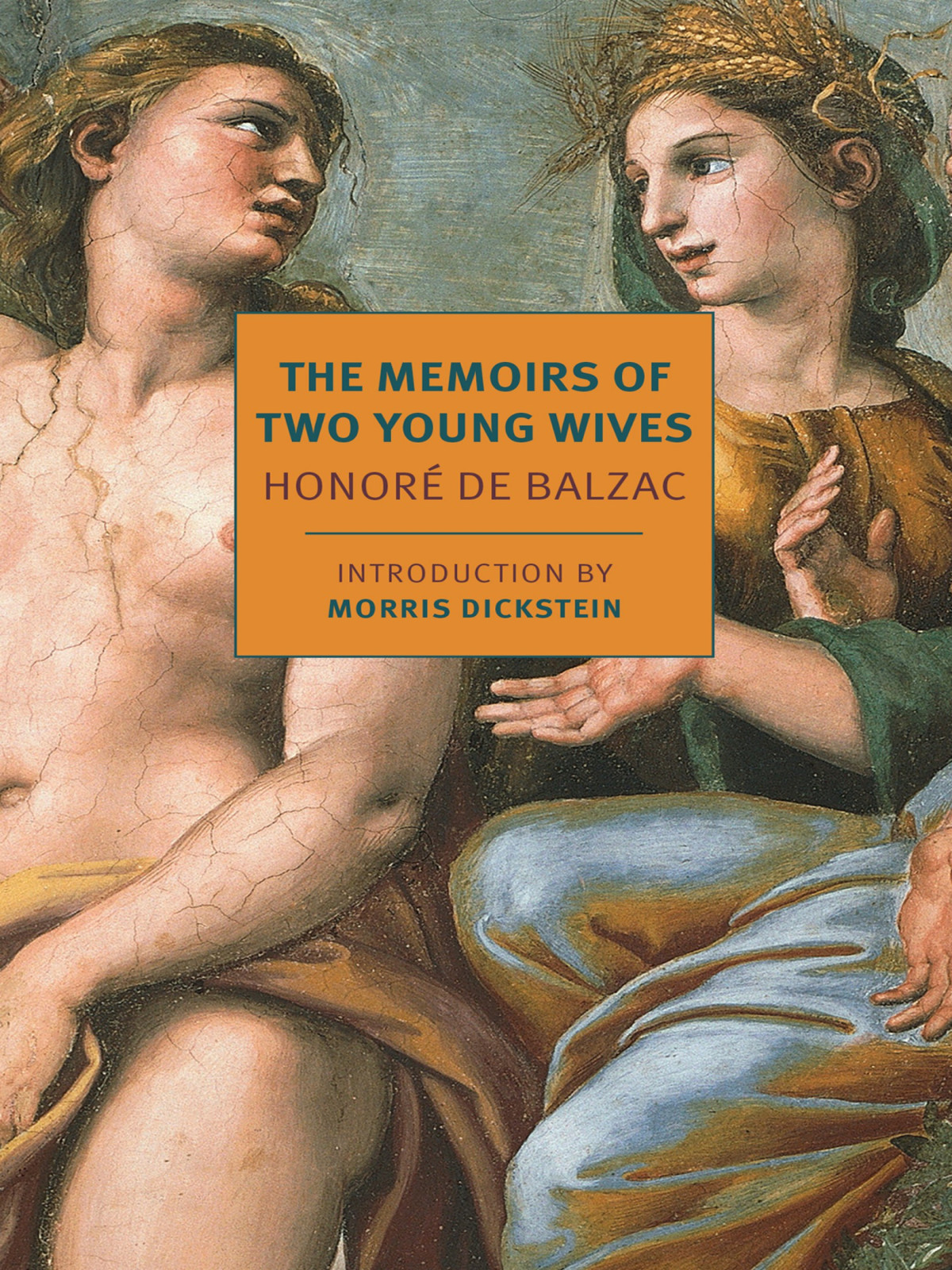

Most ebook files are in PDF format, so you can easily read them using various software such as Foxit Reader or directly on the Google Chrome browser.
Some ebook files are released by publishers in other formats such as .awz, .mobi, .epub, .fb2, etc. You may need to install specific software to read these formats on mobile/PC, such as Calibre.
Please read the tutorial at this link: https://ebookbell.com/faq
We offer FREE conversion to the popular formats you request; however, this may take some time. Therefore, right after payment, please email us, and we will try to provide the service as quickly as possible.
For some exceptional file formats or broken links (if any), please refrain from opening any disputes. Instead, email us first, and we will try to assist within a maximum of 6 hours.
EbookBell Team

4.4
102 reviewsTwo very intelligent, very idealistic young women leave the convent school where they became the fastest of friends to return to their families and embark on their new lives.
For Renée de Maucombe, this means an arranged marriage with a country gentleman of Provence, a fine if slightly dull man for whom she feels admiration but nothing more. Meanwhile, Louise de Chaulieu makes for her family’s house in Paris, intent on enjoying her freedom to the fullest: glittering balls, the opera, and above all, she devoutly hopes, the torments and ecstasies of true love and passion.
What will come of these very different lives? Despite Honoré de Balzac’s title, these aren’t memoirs; rather, this is an epistolary novel. For some ten years, these two will—enthusiastically if not always faithfully—keep up their correspondence, obeying their vow to tell each other every tiny detail of their strange new lives, comparing their destinies, defending and sometimes bemoaning their choices, detailing the many changes, personal and social, that they undergo.
As Balzac writes, “Renée is reason...Louise is wildness...and both will lose.” Balzac being Balzac, he seems to argue for the virtues of one of these lives over the other; but Balzac being Balzac, that argument remains profoundly ambiguous. “I would,” he once wrote, “rather be killed by Louise than live a long life with Renée.”